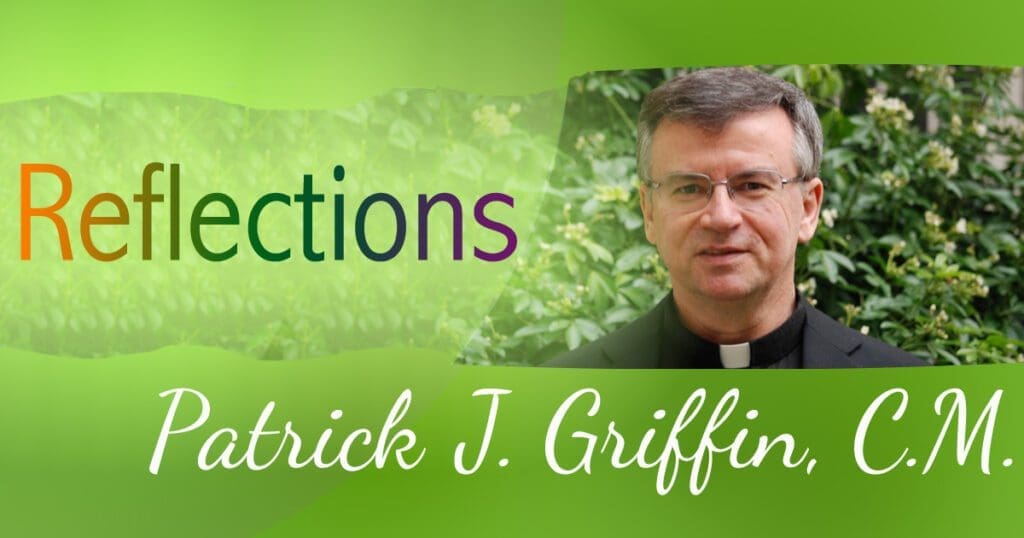When we think about the celebration of Thanksgiving, one scriptural passage readily emerges from our Gospel readings. It is the story of the 10 lepers whom Jesus heals of their disease, and only one of whom (a Samaritan!) makes his way back to thank Jesus. The situation may give us pause. We cannot believe that the others were so brutish as to choose not to say thanks. And, perhaps, that is one of the points of the story, people do not ordinarily refuse to say thanks, they just do not do it because they do not think about it.

Approaching our great “American Feast,” we can acknowledge how blessed we are. We can sense our need to be grateful for these gifts. Several aspects of thanksgiving may seek to capture our attention and tone our behavior as well as our tongues.
First of all, as the tale teaches, the Samaritan chooses to say “thank you.” That highlights a point of the story for us. We, too, should recognize our blessings and our need to say thank you. How many people have been good to us and shown us comfort and accompaniment? How obligated are we to recognize those many, many kindnesses showered upon us? How often should I be saying thanks around Thanksgiving Day? Pope Francis reminds us:
“Gratitude is a flower that blooms in noble souls.”
We pray that we can be those kinds of souls. We aspire to allow acknowledgement and appreciation to blossom more fully in our relationships and encounters.
Another element that thanksgiving suggests stems from the recognition of how blessed we are. We hear the opening words of the 23rd Psalm: “My shepherd is the Lord, nothing shall I want.” The manner of the Lord’s care overwhelms our needs as well as our wants. This realization during Thanksgiving time prompts an encouragement to share some of these resources with generosity. All of us hear the requests that come from various organizations that seek canned goods, or baby supplies, or warm clothes or financial assistance. One of the ways in which we can demonstrate gratitude for personal blessings is to discover the manner in which we can share some of that largesse with others. And, no one can summon that awareness more fully within us as the children and families who experience real need.
A last thought on this Thanksgiving for me flows from an awareness of the abundance and overabundance of food and drink that will be available for many of us on that special day. From one point of view, filling plates to overflowing is a reflection of our appreciation of the good cooking and special items that make their way with love to the table. Having seconds and thirds can be flattering to those who provide so much. But, we can also be concerned with waste and, yes, overeating. I hear the encouragement to find a prudent, middle ground. However, how will I listen?
As we think of our need to be thankful, we can acknowledge a serious responsibility that connects us to generosity, moderation, and compassion. Our thanks needs to expand beyond the awareness of our own wellbeing to embrace family, community, Church, and country. There is so much for which to be thankful and the summons to express that thanks is powerful. The example of the healed Samaritan in the Gospel passage starts us on the right track with the encouragement to begin by articulating our “thank you.”





Thanks for this, Pat. You continue to break open The Word